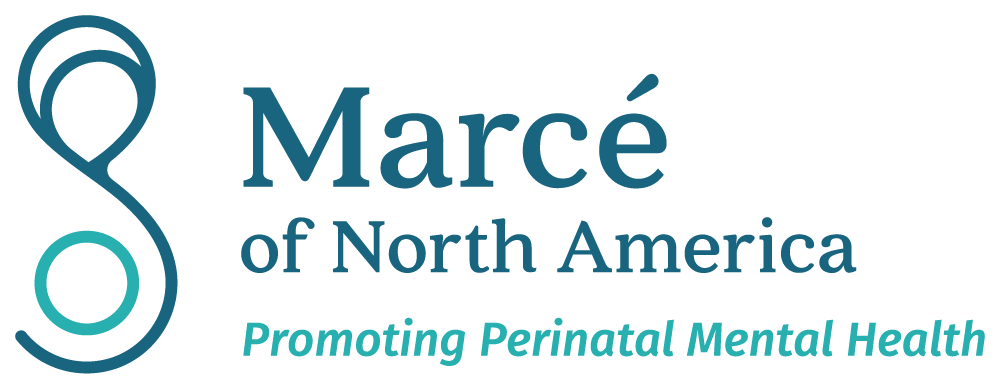Individual Abstract Submissions
Individual abstracts are invited to present the latest findings in basic and clinical research and quality improvement and clinical innovation. Each submission must have the Relationship Disclosure Declaration Form of the abstract author attached in order to submit. You will be asked to select your preferred presentation type:
Oral abstract: Presented within a themed small group section of other related abstracts (12 minutes per presentation plus 3 minutes for questions, and then 15 minutes of interactive learning at the end of the session).
Poster presentation: Presented in a poster session, with opportunities to interact with peers and senior mentors who will conduct formal and informal “poster walks.”
No preference (oral or poster presentation): The most highly ranked abstracts will be presented as oral presentation and otherwise offered as poster presentations in order of ranking, space permitting.
There will be spots specifically reserved for individual abstracts for oral presentation by early and mid-career investigators. The presenting author must be a trainee or faculty within the first ten years of faculty appointment. Selected abstracts may be presented within thematic areas or grouped together into one or more “Early and Mid-Career Investigator” sessions. This category is for individual oral abstracts only; early and mid-career researchers are also welcome to submit posters or as part of a symposium.
Categories:
MONA will utilize different criteria to assess the abstracts based on the type of submission. You will be asked to choose 1 of the following:
1. Basic science or biological research
2. Clinical or population-based research
3. Quality improvement or clinical innovation with evaluation
4. Health Services and Policy Research
5. Educational Scholarship
MONA will also utilize keywords to group oral abstracts and poster presentations by thematic area. Please choose any one or more of the following that are relevant to your work:
1. Perinatal depression
2. Perinatal bipolar disorder, psychosis and severe mental disorders
3. Perinatal anxiety, OCD, PTSD and related disorders
4. Screening and identification of perinatal mental disorders
5. Health system interventions and models of perinatal mental health care
6. Lifestyle and educational interventions (e.g., sleep, exercise)
7. Psychosocial risk factors and interventions (e.g., peer support, social support, IPV)
8. Psychological treatments
9. Medication treatments
10. Complementary and alternative treatments
11. Other somatic treatments (e.g., neuromodulation, ECT)
12. Perinatal mental health in coparents and fathers
13. Perinatal mental health equity
14. Perinatal mental health in specific populations (please specify, e.g., twin pregnancies, single parents, adolescent pregnancy, disabilities, racialized populations, LGTBQ2S+)
15. Etiology and/or pathophysiology of perinatal mental health disorders
16. Hormones, including neuroactive steroids
17. Immune system and inflammation
18. Brain circuits and neurotransmitters, including brain imaging
